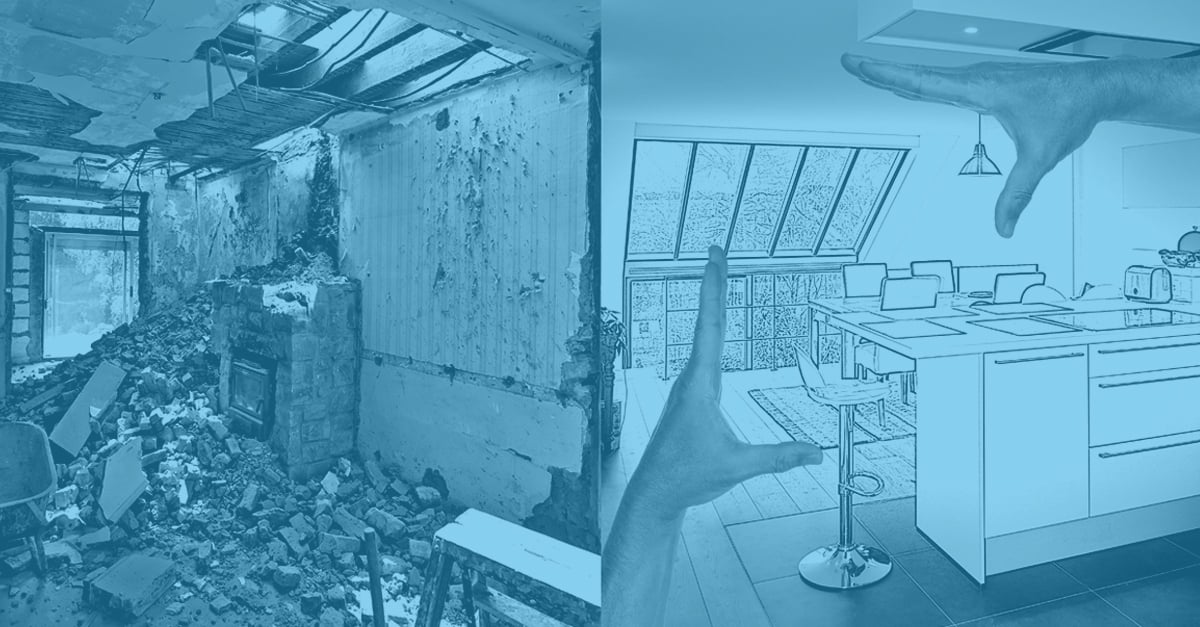Investing in real estate during “unprecedented times” is not for the faint of heart. Nevertheless, savvy, seasoned house flippers recognize that this change in the market presents a great opportunity to outbid and outperform the competition — if you keep moving and adhere to your budget.
Consider this your cheat sheet for saving a bit here and there while renovating during Coronavirus. Little differences in your business practices can make a big impact on your bottom line this year.
1. Don’t Stop Flipping or Renovating
The market goes up and the market goes down. It’s easy to remember when times are good, and harder to remember in the face of uncertainty, especially when your TV and social media channels skew to the negative.
But now is actually a great time to invest, provided you have an ample safety net. If you don’t already know, Residential Capital Partners formed during the 2008 housing crisis — when other lenders were closing their doors. There is no room for panic in house flipping. Invest when others doubt.
People are still buying houses. By this May, demand for housing surpassed pre-COVID-19 levels. Which means you should keep flipping with as much cash as you can muster so you can keep turning a profit. Never let a good crisis go to waste!
2. Choose the Right Property
Buy Properties in Great Locations
Coronavirus may have thrown real estate for a loop, but the golden rule still applies: location, location, location. As always, aim for homes of lesser value in neighborhoods that are seeing an increase in value.
Buy Properties That Need Minimal, High-Return Upgrades
S
ome experienced house flippers pride themselves on snapping up houses that need
a lot
of elbow grease. Forget that strategy for now. Why? You’re on Corona-time. Which means paperwork and coordinating with contractors will take longer. Store hours are affected. Materials may be on backorder. The project will lag on too long for you to get a great return.
What will get you a better return is updating your kitchens and bathrooms. According to US News, low-end kitchen remodeling in the United States starts at just $4,000. The starting cost of a low-end bathroom makeover is $6,000. That’s pennies compared to large overhaul projects, like wood flooring, a second story or other additions to square footage.
Salvage what you can to keep the character of the home – and save yourself some cash. Opt to paint out-of-date cabinetry, instead of installing new cabinets. See if you can keep existing tile, and replace the toilet, sink, and hardware. Our rule of thumb: low to moderate repairs wins every time!



